
A VPN promises privacy, but there’s more to the story than most people realize. Some details stay hidden, while others slip through the cracks. Knowing the difference helps you browse smarter and stay safer. Let’s break down exactly what gets shielded—and what doesn’t.
Your IP Address Disappears Behind The VPN
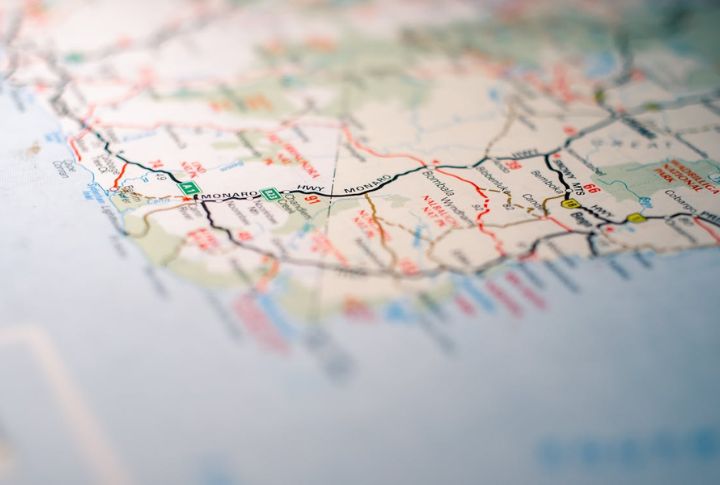
Websites only see the server’s region, not yours. A VPN replaces the actual IP address with one of its own, instantly hiding your location online. Even on public Wi-Fi, snoopers can’t trace you, and streaming platforms adjust content accordingly.
Your Browsing Activity Is Encrypted

Everything you do online while connected to a VPN gets encrypted between your device and the server. This keeps your browsing invisible to your ISP and renders the traffic unreadable to outsiders, protecting your search history from being tracked or profiled.
Your Online Identity Stays Hidden On Public Networks

When you’re using public Wi-Fi, a VPN shields your sensitive data by encrypting everything you send and receive. That makes it tough for hackers to steal information, which is why it’s a go-to tool for anyone working from shared or open networks.
Your Torrent Downloads Stay Private
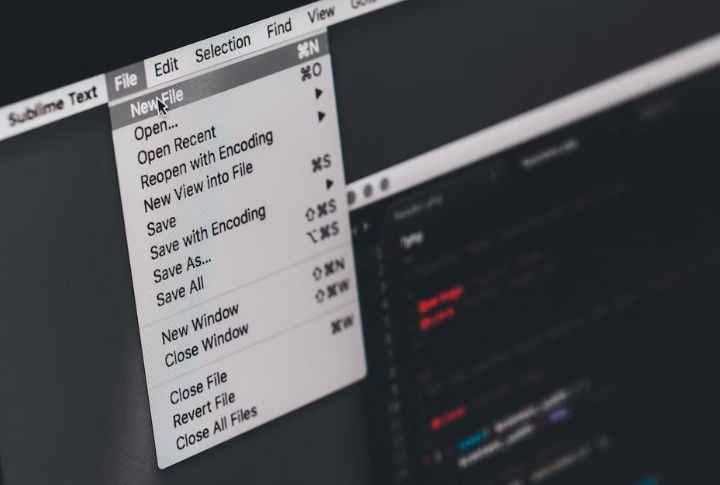
VPNs hide your IP and encrypt your activity while torrenting, which keeps ISPs from throttling your speed or flagging your downloads. Most torrent platforms recommend using one, and for most users, it remains one of the most common reasons to get a VPN.
Your VoIP Calls Get Extra Security
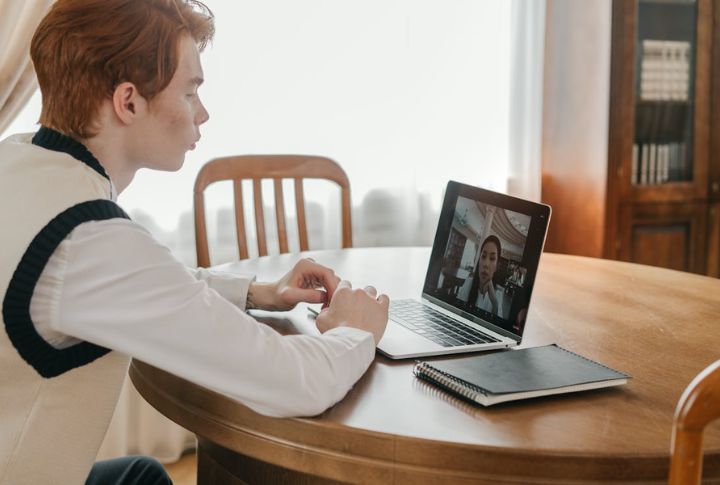
With a VPN running, calls made through services like Zoom and Skype stay encrypted and private. This prevents eavesdropping and avoids local restrictions that block VoIP apps. Many business users depend on VPNs for secure and reliable communication on the go.
These are the moments when a VPN steps in and gives you more control over what others can see online. But even with strong encryption, a VPN has limits, so it’s important to understand the next five risks it doesn’t cover.
Your Device Info Remains Visible To Sites
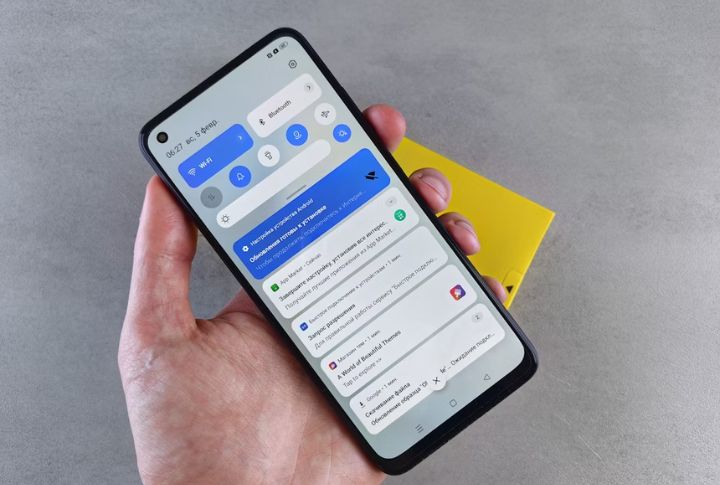
Even with a VPN, websites can gather clues about your setup, like your browser, operating system, and screen resolution. These tiny details, known as fingerprinting data, often help trackers identify returning users without ever needing your IP address in the first place.
Your Social Media Logins Are Still Trackable
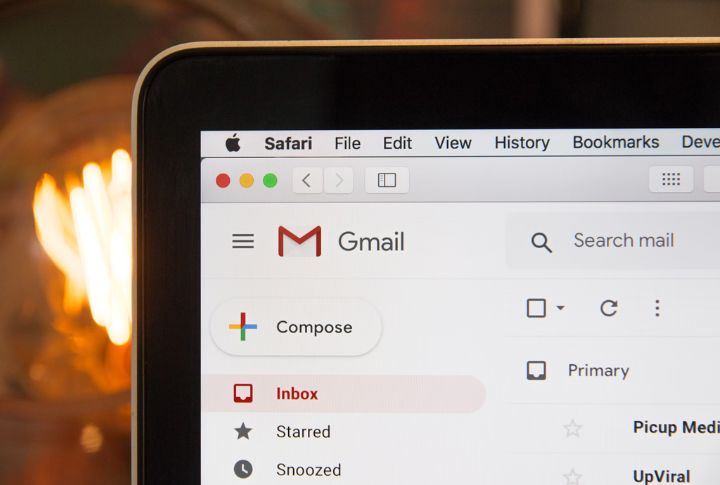
Signing into platforms like Facebook or Gmail makes your online activity personally identifiable, regardless of VPN use. Since these accounts are tied to your real name, they keep tracking your behavior and feeding you ads no matter how often your IP changes.
Your Cookies Travel With You
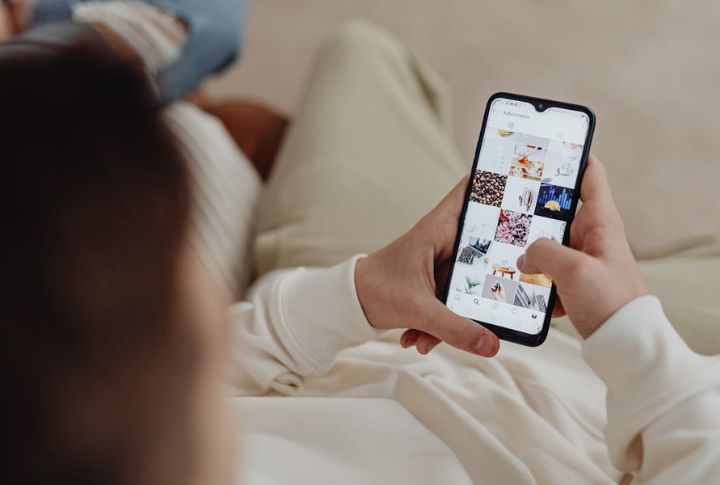
Advertisers can build detailed profiles using cookies that reveal your habits and preferences. These tiny files don’t disappear just because you’re using a VPN—once they’re stored in your browser, they continue tracking you across sites, regardless of your masked IP address.
Your Payment Details Stay Exposed
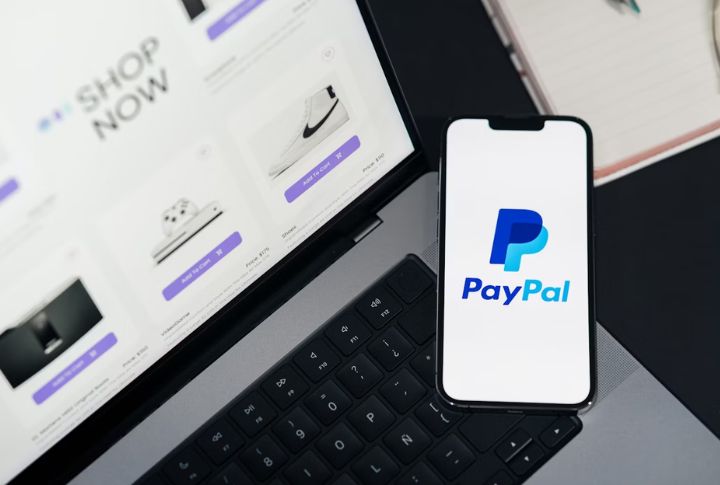
A VPN may encrypt your traffic during transit, but once you submit your card details on a site, they’re no longer protected. That data goes directly to the website, which can store or mishandle it, especially if the platform lacks proper security.
Your ISP Still Sees You’re Using A VPN
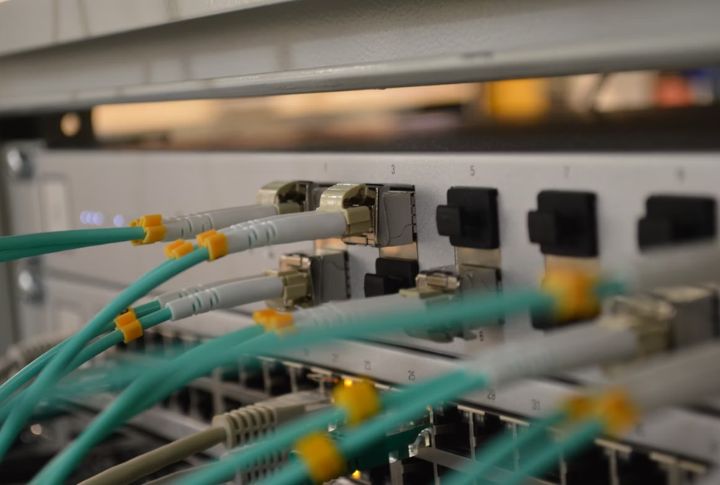
While VPNs hide what you’re browsing, your ISP can still tell you’re connected to one by analyzing traffic patterns. Some regions go a step further by restricting VPN use unless you deploy advanced tools designed to disguise encrypted traffic entirely.
